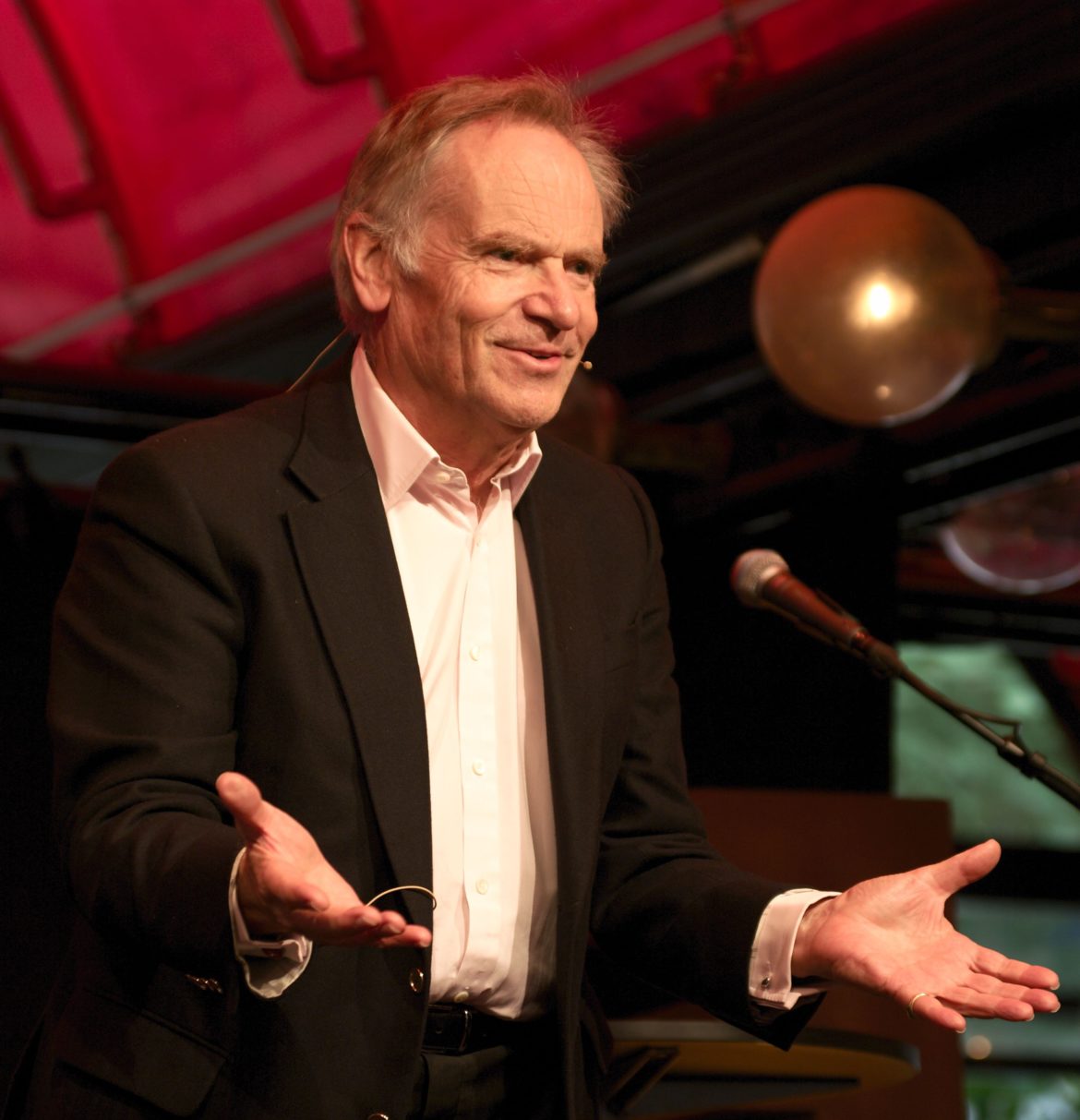Jeffrey Archer’s The Sins of the Father, second in The Clifton Chronicles, wows readers with its intricate plot and exciting twists and turns. The master storyteller tells Shutapa Paul how wri
Jeffrey Archer’s The Sins of the Father, second in The Clifton Chronicles, wows readers with its intricate plot and exciting twists and turns. The master storyteller tells Shutapa Paul how writing the series has been his biggest challenge till date.
Why release it in India ahead of other countries?
It’s a combination of the popularity of my books in India and a desire to beat piracy.On his website, he says: “The truth is, wherever a book is published in the world, it’ll be on Indian streets at half price, 48 hours later. So quite rightly my publisher and I suspect every publishing house makes sure the first shop to get a novel will be in the sub-continent.”
How to fight book piracy?
I can do nothing. The responsibility rests with the government. Frankly, they are doing little or nothing to stop piracy to aid legitimate publishers. In The Sins, your hero is imprisoned in the US. Give us a hint of his journey.
In book two, Harry is in an US prison on charges of murder. Emma decides to do whatever it takes to find the man she was to marry, refusing to believe he died at sea. More secrets are revealed, as the story moves from the backstreets of Bristol to boardrooms of Manhattan, through battlefields of WW II, and to the House of Lords.
What can we expect in the third, which you’re writing?
I’m unwilling at this stage to say much about it, other than that it will continue the saga of the Clifton and Barrington families during 1946-1958, with old and new characters and more twists and turns.
How difficult is it to sustain a series such as The Clifton Chronicles?
This five-book series is the biggest challenge I’ve faced. One of the pleasures of writing it is that the material grows and grows. And although they are all stand-alone novels, I have a rich background or characters to call upon, and hope I’ll keep surprising my readers in each book.
How do you manage being a politician and a writer?
They are two different worlds, and I simply put them in separate compartments. Politics is very outward-looking, and remains a fascination for me, while writing is a very demanding, self-disciplined job. Though I confess in the last 10 years, I’ve been concentrating far more on writing, than politics.
You have a short story, And Thereby Hangs a Tale, with Indian characters. Any plans for a book on India?
No. As much as I love India, I don’t feel I have enough knowledge to do a good job. I always advise writers to stick to what they have personal knowledge of—for example, don’t write a vampire story because they are in vogue. Remember, Jane Austen lived in an English village, never moved beyond it, and wrote six of history’s most successful books.
Which authors, Indian or otherwise, do you admire?
I admire R K Narayan, in particular his Malgudi Days. When it comes to short stories, I feel H H Munro (Saki), F Scott Fitzgerald, O Henry and Maupassant are all magnificent. But for novels Steinbeck, Dumas and Dickens are difficult to beat.
Are your Indian fans any different from the rest?
I don’t think so. Storytellers are enjoyed the world over, though what’s true, is the incredible growth of book-reading in India. It’s the fastest growing book market on earth, and I’m grateful that for the past 30 years, Indians have continued to buy my books.

